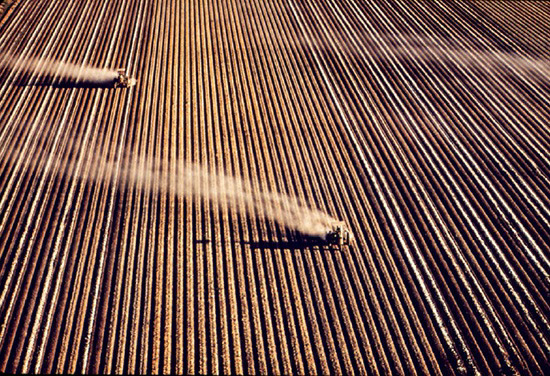The use of fertilizers, substances designed to boost plant growth, has been integral to agricultural development since the end of the last glacial period. As early human civilizations transitioned to more sedentary, agriculturally-based lifestyles, the need for efficient farming practices became critical. Fertilizers, providing key nutrients like nitrogen, phosphorus, and potassium, emerged as a vital tool for maximizing crop yields.
Archaeological evidence suggests that Neolithic farmers, over 8,000 years ago, were among the first to use cattle manure as a fertilizer, understanding the importance of replenishing soil nutrients. This practice was further advanced by ancient civilizations such as the Egyptians and Babylonians.
However, it wasn’t until the 19th century that the scientific study of fertilizers began in earnest. This period saw the development of nitrogen fixation processes, enabling the production of synthetic fertilizers. Today, the global fertilizer industry plays a crucial role in food production, with an estimated 30 to 50 percent of current crop yields attributed to synthetic fertilizers.
Despite their undeniable benefits in feeding a growing global population, synthetic fertilizers pose significant environmental challenges, including water pollution and soil acidification. As such, the future of agriculture hinges on balancing the need for fertilizers with the imperative of sustainable and environmentally-friendly farming practices. Education and the adoption of sustainable techniques will be crucial in navigating this complex landscape.

